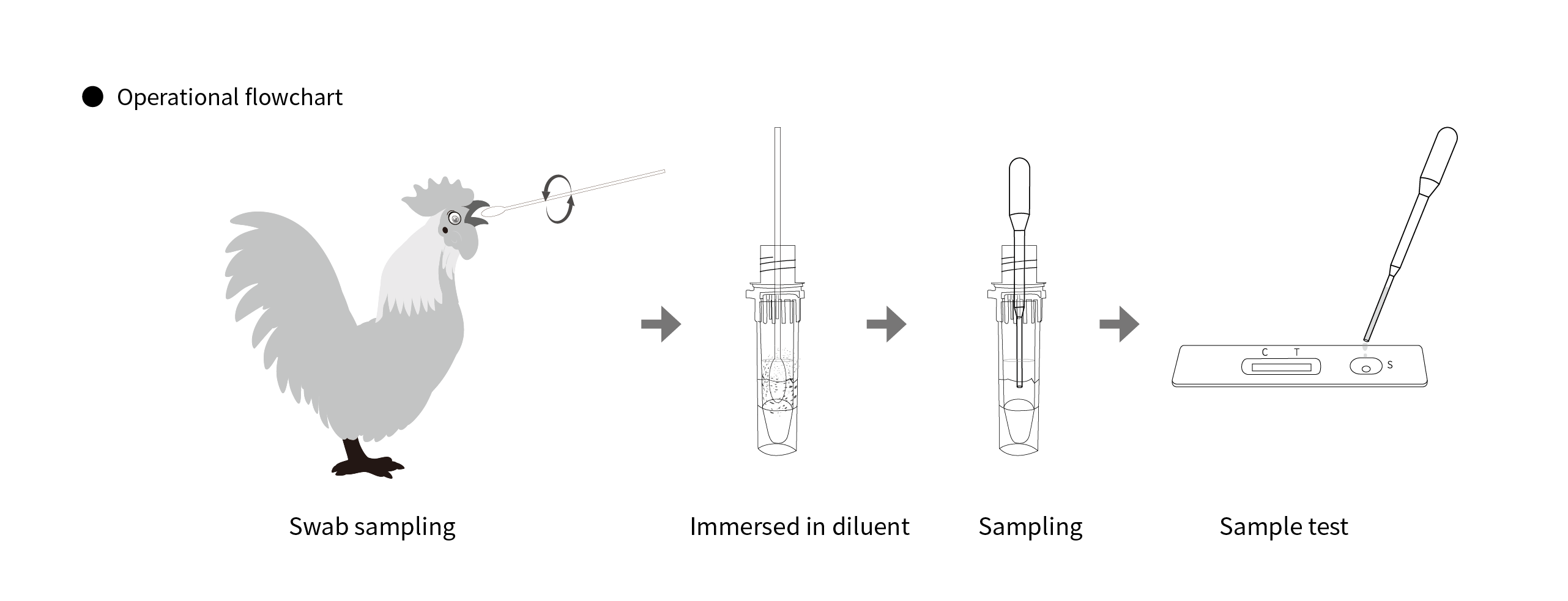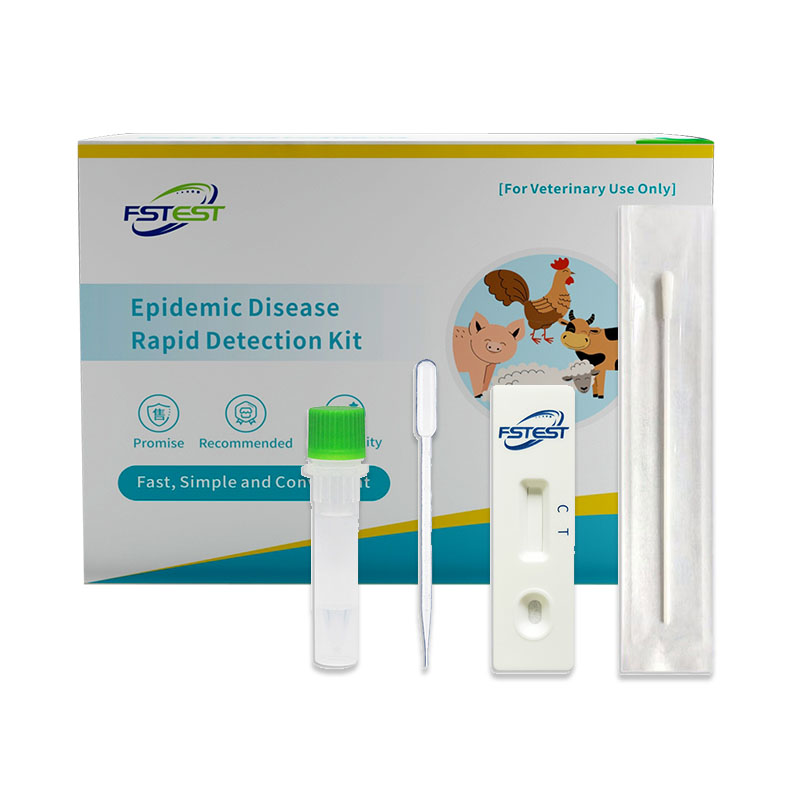Avian influenza, commonly referred to as bird flu, has emerged as a critical global concern in recent years. This highly contagious viral disease not only affects domestic and wild bird populations but also poses a potential threat to human health, making it a topic of great significance for both the agricultural and medical communities.
Global Situation
Widespread Outbreaks
In recent times, avian influenza has made its presence known across the globe. For instance, on February 17, 2025, local media in Belgium reported multiple cases of avian influenza in Limburg Province, located in the eastern part of the country. Since the end of January that year, a gray goose had died from a confirmed avian influenza virus infection, a vulture succumbed to a suspected infection, and a suspected avian - influenza - infected swan was discovered on the 17th. These incidents strongly suggest that an avian influenza epidemic may be unfolding in the region.
Neighboring the Netherlands, which experienced a resurgence of the avian influenza epidemic in mid - November last year after a nearly year - long lull, had to cull tens of thousands of poultry to contain the spread of the virus. This resurgence serves as a reminder of the persistent threat that avian influenza poses, even in regions with prior experience in dealing with the disease.
Impact on Different Aspects
Poultry Industry: The poultry industry bears the brunt of avian influenza outbreaks. When the virus strikes domestic bird populations, the standard protocol is to cull all poultry, regardless of their infection status, to prevent further spread. This approach, while necessary for disease control, results in substantial economic losses for farmers.
Wild Birds: Migratory wild birds, particularly waterfowl, act as natural reservoirs for avian influenza viruses. These birds can carry the virus without showing any visible symptoms, allowing them to spread it over vast distances during their migrations.
Public Health: Although the transmission of avian influenza from birds to humans is relatively rare, individuals in close and repeated contact with infected birds or highly contaminated environments are at risk.
Solution
Avian influenza is characterized by its rapid transmission speed and great harm. Rapid detection can identify avian influenza viruses in the shortest possible time, enabling relevant departments to quickly activate emergency response plans and take prevention and control measures such as lockdowns, isolation, and disinfection. In this way, the spread and dissemination of the epidemic can be timely controlled, large-scale outbreaks of the epidemic can be avoided, and losses and harms can be minimized.
In order to meet the global demand for avian influenza virus rapid detection, FSTEST has developed the Avian Influenza Virus Diagnostic Kit (Colloidal Gold), which can rapidly and accurately conduct the detection of avian influenza virus in livestock and poultry.
Product Features
Ø Fast detection: Results in 10 minutes.
Ø Convenient sampling: Enables Collection from trachea or cloaca of the poultry.
Ø Accurate results: Specific binding between antigen and antibody allows for accurate
detection of AIV.
Ø Easy operation: Only takes four steps to complete the detection.It is easy to be popularized and applied in grass-roots farms, slaughterhouses and other places.

Ø Easy storage:15-30℃, within a shelf-life of 18 months.
Ø Certification: CE.




